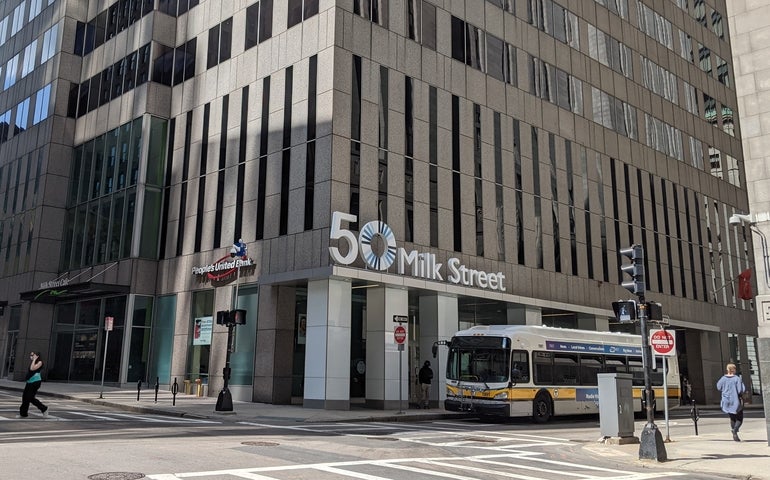Massachusetts residents have consistently high out-of-pocket healthcare costs, with nearly 10% of income earned by families in cities like Worcester going toward health care, according to a new report by the state’s Health Policy Commission.
Costs are not only high but have grown sharply, the commission found. Those in commercial plans paid 20%, or $120, more in 2017 than they did two years prior. One in 10 paid at least $1,946 out-of-pocket in 2017, and the median was $721.
The issue makes health care increasingly unaffordable and worsens inequality, the report said.
The burden can fall disproportionately high on lower-income residents, with residents in poorer cities including Worcester more likely to devote 10% or more of their income on healthcare costs. In suburban, often wealthier towns, that share is typically less than 4%. Those with long-term healthcare needs also tend to have persistently high out-of-pocket costs, the report said.
With premiums included, Massachusetts households spend 40% of their income on health care, the report said.
Premiums continue to rise despite the percentage of commercially-insured residents enrolled in high-deductible plans increasing, the Health Policy Commission said. The rate of residents in such plans was 32% in 2018.
“This new analysis clearly shows that many people in Massachusetts are facing persistently high out-of-pocket costs and that burden is increasing as a portion of income year over year,” David Seltz, the commission’s executive director, said in a statement. “We will continue to monitor these trends and make policy recommendations to address affordability challenges with our interagency and legislative partners.”
Central Massachusetts — the state’s geographic definition mostly overlaps with Worcester County — does stand out as a bright spot in one way: it’s rate of what the Health Policy Commission deems persistently high out-of-pocket spending is the lowest of 15 regions in the state, areas which become smaller in size in denser areas in and around Boston. The Central Massachusetts rate was 25.7% of residents stuck in such high rates, compared to 43.8% on the Cape and Islands.
Central Massachusetts is also on the lower end of persistently high total healthcare spending, with 29.4% of residents fitting into that category.

